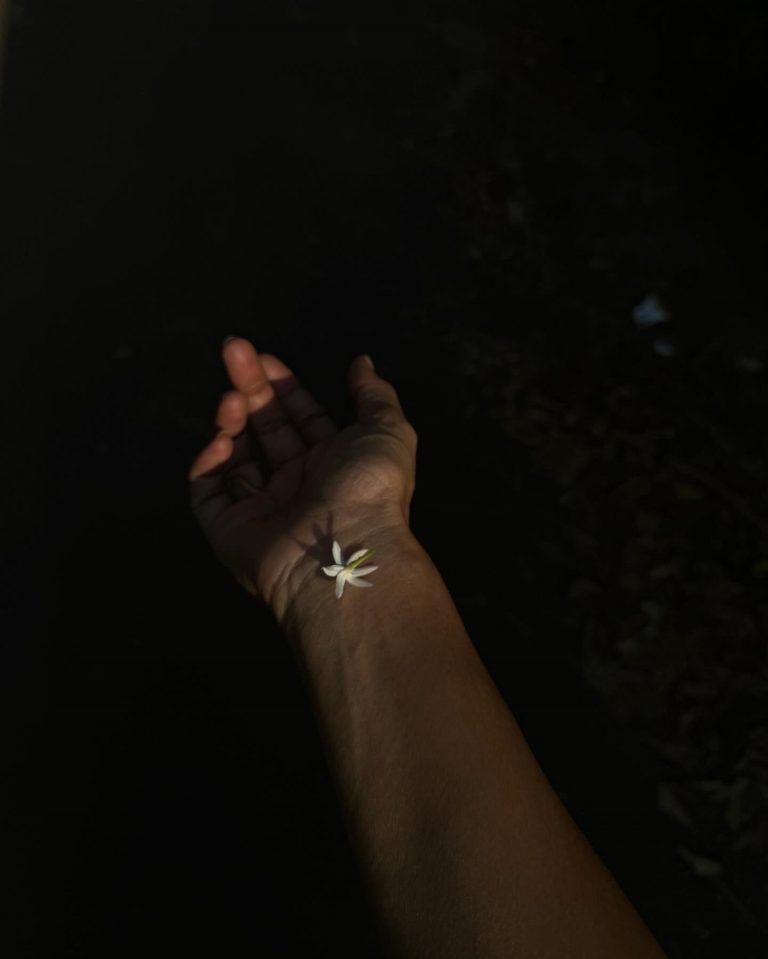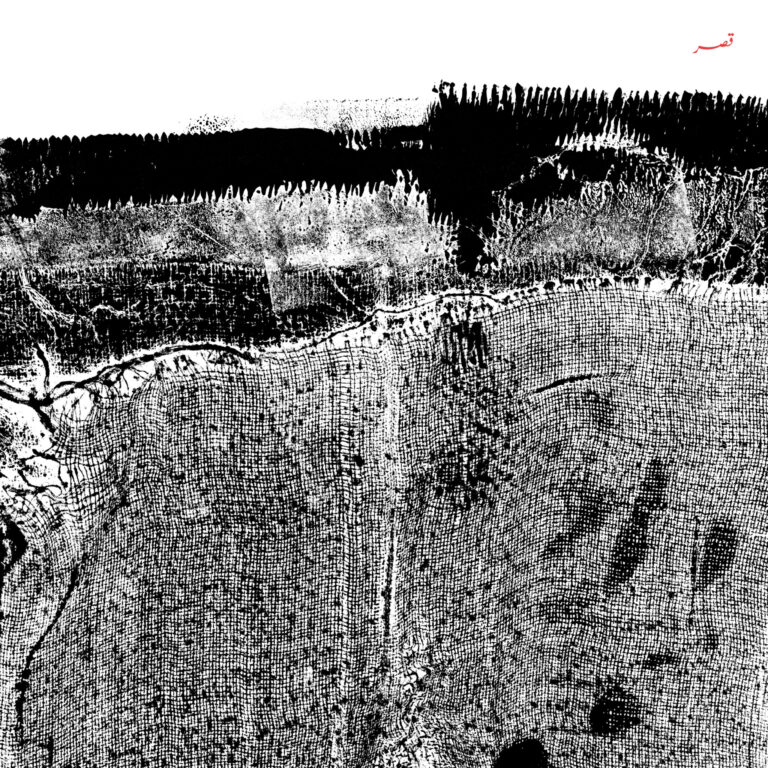fish
In the beginning, everything was new and frightening. Just before I got on a plane to London, the news was flooded with headlines about a brutal double murder held right near my college. The second week of my stay, a student was mugged right outside our halls of residence, her screams floating up to the common room. Some weeks later, an alcohol-soused man skulked behind me all the way home – a half an hour walk from the nearest Tesco. I knew no-one at all and yet, I was leery of any newfound intimacy. I was furrowed with fear.
In the drowsy pocket of London where I lived for my MA, there was only a Wetherspoons and one tiny corner café; I ate my first artichokes there. And squatting between my Halls of Residence and my bus stop, there was a fish and chip shop, selling (thankfully) the cheapest food I had seen in London. The menu, chalked onto a blackboard, was built around variations on two themes – fish and sausage. The fish was either cod or haddock, dredged through a pool of batter, then deep fried in a vat of bubbling fat to cornflake crispness. The chips were cut roughly, thicker than my thumbs. Bathed in bubbling oil, they emerged crisp on the outside and softly yielding within. The air was always filled with the hanging odours of hot fat. It clung to my clothes as I stood at the door, watching clouds of smoke collect near the ceiling.
The chippie quickly became a habit. Almost every week, after the platitudinous patter of university days, I stopped for a paper of fish and chips. The chefs were British-Chinese, brooding expertly over their oil-spitting pots. They doled out their food to me at least once a week, but not once did they offer any sign of recognition. Perhaps this was the London way, I thought. (More likely of course, they were just swept off their feet with work). Nevertheless, within my moat of loneliness, this passing encounter gave fundamental shape to my earliest solitary days.
x
As autumn turned to winter, drizzle and fog settled into the crevices of my sun-scorched Mumbai bones. I woke to blades of grass silvered with frost. The cold prickled my face. Sometimes, snow scattered lightly down. Often, planes of rain muffled the landscape, blotting out the windows. But no matter how cold it got, there was always my cod and chips to warm stomach and soul, a gentle inoculation against a beautiful, difficult season. I always chose the cod (with a shiver of vinegar to lacerate the batter), the chef expertly flouncing it from scalding oil onto swathes of newspaper. I’d plump it into a bag, warming my hands on it on the short, icy walk home, the sky outside a velvet purple, not yet darkening to deep night.
I’d make my way straight to my room where I unwrapped the paper, the steam screaming out of the unwrapped newspaper, the batter softening a little. I’d tear the fish apart with my stiff, frozen fingers; somehow it was impossible to eat the fish with any restraint or elegance. The flesh burned my fingers and lips. The chips were almost better later, softened but not soggy when the crust had changed from crisp to chewy.
The fish and chips sustained me lovingly, during my most difficult times — on exam days, after acrid fights, on long and empty nights. Cold, claggy leftover fish eaten the next day straight from the fridge may not have been the most delicious thing in the world but it was always solidly, comfortingly there, sustaining, holding me up.
x
By now, I have become known through my Halls of Residence as an incorrigible fish-and-chip lover; the dish draws new friends round me like a blanket. We instated weekly dinners, where once a week one of us cooked a meal from our country – offering sustenance. I make my first chicken curry and rice, a dismal failure. My Colombian friend makes sancocho, possibly the most nourishing soup I gorged that year. Yoko rolled out rows of fresh sushi. Maria from Denmark conjured up the first traditional English Christmas roast meal I’ve ever had. We all wore colourful paper hats drawn from Christmas crackers, and glowed with warmth and laughter – the afternoon lost to eager conversation long after the meal was finished and the dishes washed, dried and put away. The month after, Nicolle made me cups of chicken soup and hot tea as I slogged through a cough-suffused examination. My days were built of these experiences, like a magpie’s nest. These fragments of life I have shored against my ruin.
Friends became family. Cultural constraints fell away faster than I believed it possible. I was never homesick, not once. I learn the value of the truism that the measure of a good life is to be found in the richness of mind and warmth of spirit, not in marbled halls and gilded beds. It was a brief halcyon time.
x
When my parents come to visit me at Christmas, I eat rose-fleshed trout still gleaming from the river, discs of calamari, its flesh soft as goose-down. They find my local chippie fish too stodgy, too greasy, too heavy.
x
If I could cup my hands around this memory and shelve it for a rainy day, I would.
A spring evening. After the impediments of the day had eased, I took my cod and chips to my third-floor room and ate it at my desk, watching the rooftops of the city unfurl below. A Rothko sunset unspooled around me, breaking the sky into pink and dark violet and burnt orange bands, slowly awakening into stars. A sudden epiphany cut across the room, like a splinter of joy; a dawning sense that I was where I belonged, where I needed to be at that moment, where I was most purely myself.
That was my year of feeling most purely myself, most alive, most free, I learnt to belong in a strange place, and found that it sustained me far more than I had hoped. I knew of course that it was just a reprieve from life’s inexorable course. I knew too that its allure stemmed from its very transience, and I would learn to hold these days as a bulwark against the scars and scorch-marks of reality.
x
It ended of course, as all things do. Yet I try, as we always do, to recreate the exact weight of a memory, standing in front of a hissing, spitting cauldron of oil, a hank of battered fish roiling within. I try again and again, different fishes, different batters, different oils. The fish is excellent, light and flaky in its carapace of burnished gold, but it is not the nectar that sustained me once.
Perhaps it is the ingredients – there is no cod to be found in Mumbai for love or money. Or perhaps it is different for other reasons – I fry the fish for others now, for family, for friends, for beloved guests. My anxiety deepens, tentacles outwards. Still, there is something gloriously warm and emollient about the dish, something that harks back to the happiest, simplest version of myself, a time when I didn’t have to grapple with the world weariness that nips at my heels.
xx




